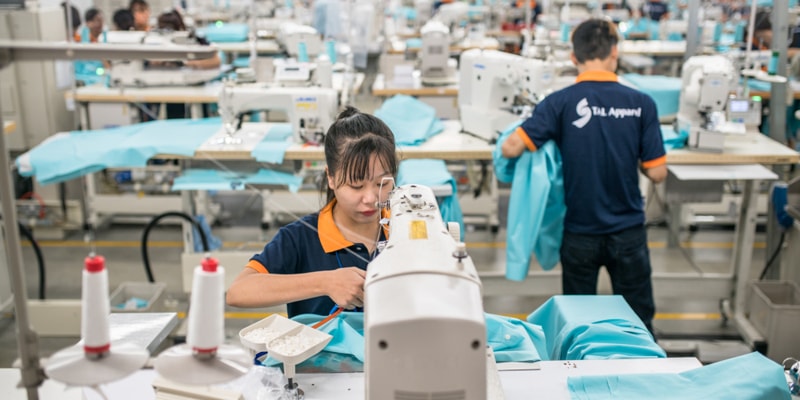“We’re a large business, responsible for producing over six million tonnes of CO2e emissions across our value chain each year. Reducing our carbon footprint is imperative to meet our environmental commitments and to ensure we do our part to mitigate the impacts of climate change. Our Primark Cares strategy cements our commitment to halving carbon emissions across our value chain by 2030.”
— Dan Roe, Climate Change Programme Senior Manager, Primark.
Primark, a leading international clothing retailer employing over 75,000 people in 16 countries, launched Primark Cares, their sustainability strategy, in 2021. Over the past three years, the company has focused on developing a decarbonization program for its value chain, with their headline target looking at a 50 percent reduction in absolute Scope 1, 2, and 3 emissions by 2030 from an FY19 baseline. A significant milestone, Primark’s science-based targets received validation from the Science Based Target initiative (SBTi) in 2023, showcasing their commitment to align with global efforts to combat climate change.
In addressing emissions from their own operations, the company committed to reducing energy use in their retail locations and incorporating renewable energy. However, a substantial 97.5 percent of their base year carbon emissions occurred in their supply chain. As a result, Primark is focused on collaborating with suppliers to address emissions and reduce their carbon footprint. Utilizing the Higg FEM and Higg MSI tools enables Primark to understand and measure the environmental impacts of their supply chain.
The Higg FEM serves as a key source of supply chain primary data, empowering Primark to calculate a more precise carbon footprint. This tool captures the outcomes of emissions reduction initiatives targeting facilities in their supply chain and demonstrates progress toward their overarching decarbonization target. Notably, in 20221, 1,083 of Primark’s supplier facilities completed the Higg FEM self-assessment, with 590 sites undergoing verification of their self-assessments and achieving an average score of 56 percent. These scores offer valuable insights, enabling factories to pinpoint opportunities for enhancing environmental performance. In addition to the Higg FEM, Primark also leverages data and insights from the Higg MSI to calculate supply chain emissions. This tool provides valuable LCA data specific to the materials and goods procured by Primark.
Since joining Cascale in 2015, Primark has worked with their supply chain partners to adopt the Higg Index to assess environmental impact. With the roll-out of the Higg Index across their supply chain, the company embraces a standardized measurement of environmental sustainability performance, enabling continuous improvement efforts.




